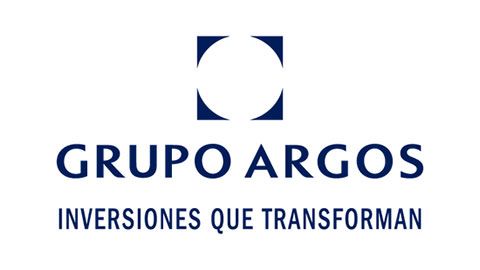Grupo Argos S.A.
Empowering Executives to Lead Collaboratively


Grupo Argos S.A. is a global holding company based in Medellín, Colombia, with a diverse portfolio of infrastructure investments in strategic sectors. Its three subsidiaries include Cementos Argos (cement), Celsia (energy), and Odinsa (road and airport concessions). The multinational company currently spans 18 countries and employs more than 13,000 people.
In the mid-2000s, as Latin America's economic landscape continued to shift, leadership at Grupo Argos began contemplating what it would take to remain competitive amid falling commodity prices and a weakening local currency. Due to lower barriers to entry into the markets of its subsidiaries, the organization also faced unprecedented competition worldwide.
To address the challenges of an evolving global marketplace, the company's leaders recognized the importance of unifying the organization's established and emerging companies under a more cohesive and strategic vision. Topmost on their agenda was investing in talent development that would empower executives to embrace new approaches and lead collaboratively among multicultural teams.
"It became clear that we couldn't rely solely on capital or acquisition to be successful. We needed to invest in human capital and talent to grow organically," says Jorge Mario Velásquez, CEO and President of Grupo Argos S.A. "The fuel for this partnership was the realization that we're entering a new era in which best-in-class talent development for our leaders is going to be the differentiator in competing and winning over the next 10 years."
Grupo Argos approached Harvard Business School (HBS) Executive Education to co-create a custom program that would help the holding company and its subsidiaries develop the competencies needed to grow and compete globally. Specifically, how could a multifaceted business unify its identity and strategy while still being agile enough to allow for innovation and change within its regional markets and industries?
HBS senior faculty, along with a dedicated program team and Grupo Argos leaders, worked closely to create a tailored curriculum that ensured the right balance of strategy, finance, and leadership content to meet the company's regional and global strategic business goals.
"The curriculum helped us think through our customer segmentation. We thought that we had two main clients—the retail segment and the industrial segment," says Juan Esteban Calle, CEO of Cementos Argos. "Through case studies and discussions, we realized that we have one main client: builders. Small or big, all of them are builders."
Once on campus, many of the attending executives from across the Grupo Argos companies had the chance to meet in person for the first time. Over the course of the seven-day program, the HBS learning and living spaces created a dynamic environment that encouraged case study review, participation in class discussions, and collaboration across companies. Most important, the program structure gave executives time to reflect on each day's learnings and how they related to their specific companies as well as the overall organization.
"Not only did they learn a lot from the academic world at HBS," says Velásquez, "but when they returned to their companies, they started new conversations among people who very rarely had the opportunity to converse and strategize."
The unique program design also allowed leaders to pinpoint and solve specific challenges within their businesses that were hindering growth. One key insight came from a case discussion profiling Japanese technology company Rakuten, which highlighted the challenges that language barriers can generate among a multinational business and its customers. After returning to their companies, leaders decided to standardize English as the language for Cementos Argos' executive committee and subcommittee meetings, and provide English-language versions of all company presentations.
"This is the type of experience that reenergizes our people. They treasure the experience and return to their organizations much more motivated than before," says Calle. "We think that that makes a huge difference."
In 2018, Grupo Argos was named Colombia's "most innovative company" by the National Business Association of Colombia and Dinero Magazine.
IMPACT
- Streamlined operations by aligning core services, value drivers, and customers
- Decentralized innovation to drive core R&D within each company
- Created new models and efficiencies by identifying adjacencies between companies
- Increased collaboration between executives across companies with goal of long term strategic vision for the organization
